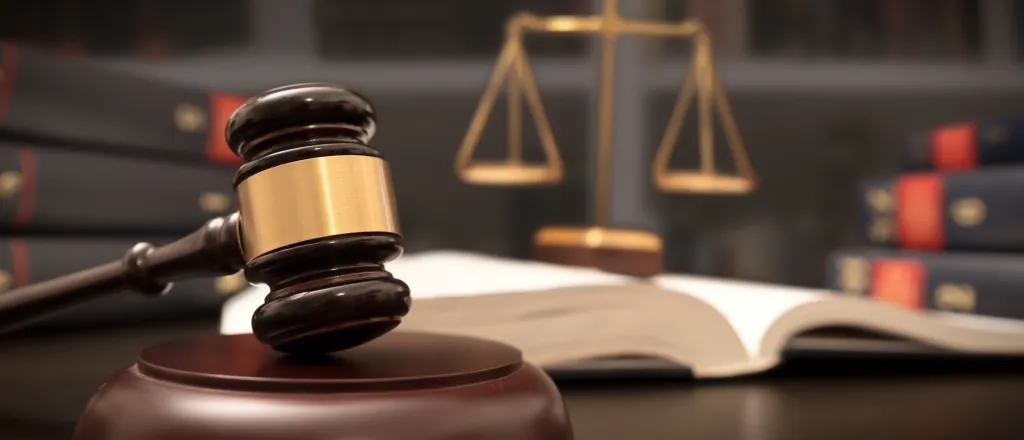
Florida teachers sue state over restriction on pronoun use
Click play to listen to this article.
(Florida News Connection) Three Florida teachers filed suit last Wednesday over a Florida statute they claim targets transgender and nonbinary teachers for being themselves at work.
The teachers: Katie Wood, AV Schwandes and a Jane Doe, argued the statute, established by House Bill 1069, which bans instructions on sexual orientation and gender identity in kindergarten through eighth grade, also prohibits school employees and contractors from providing their pronouns to students if they do not correspond to their sex.
Sam Boyd, senior supervising attorney at the Southern Poverty Law Center, said plaintiff Katie Wood, a Hillsborough County high school math teacher, was hired at her school as a transgender woman, where she would normally write 'Miss Wood' on the chalkboard.
That was until the law passed, and the school said she could no longer do it.
"And so, if a student calls her 'mister,' she is not allowed to say anything about that," Boyd explained. "If a student asks whether she would prefer to be called Ms. Wood, she's not allowed to answer. She has to sort of stay silent and misrepresent this basic aspect of her identity."
Officials at the Department of Education and the local school districts named in the lawsuit have not yet commented on the case. However, Republican lawmakers with a supermajority argued expanding the parental rights law was necessary to ensure the state's youngest students learn about adult topics, such as sexual orientation and gender identity, from their parents instead of at school.
According to the complaint, the new law has "stigmatized" transgender and nonbinary teachers, "threatened their psychological well-being" and "upended the respect that is owed to them as educators." Boyd contends the pronoun law violates constitutional rights tied to sex discrimination, equal-protection clauses and free speech, among other things, and he hopes the court will see the way it restricts the freedoms of educators.
"The State Board of Education issued regulations that make complying with this law a part of the standards of professionalism under the state, and that means that teachers' licenses can be revoked by the state if they violate the law," Boyd noted.
The issue is also part of the same law dealing with book bans, which prohibit materials in schools containing "sexual conduct." Critics are worried its vague language could apply to valuable pieces of literature.
















